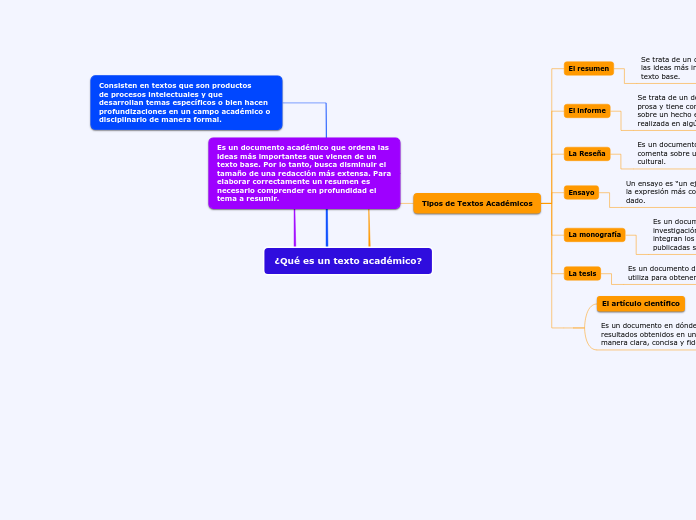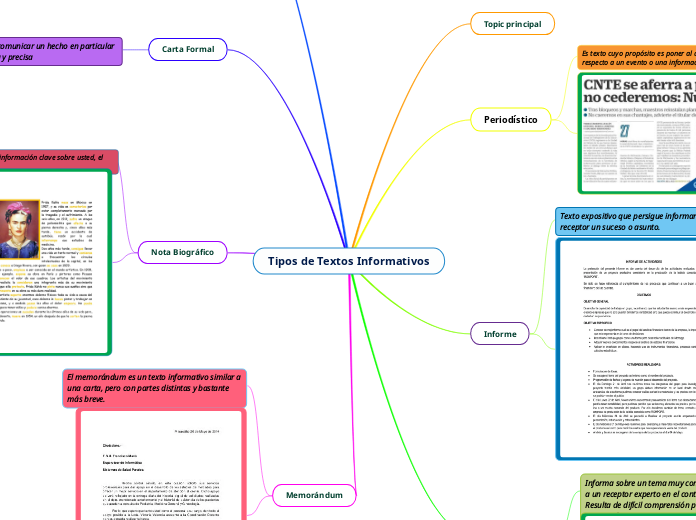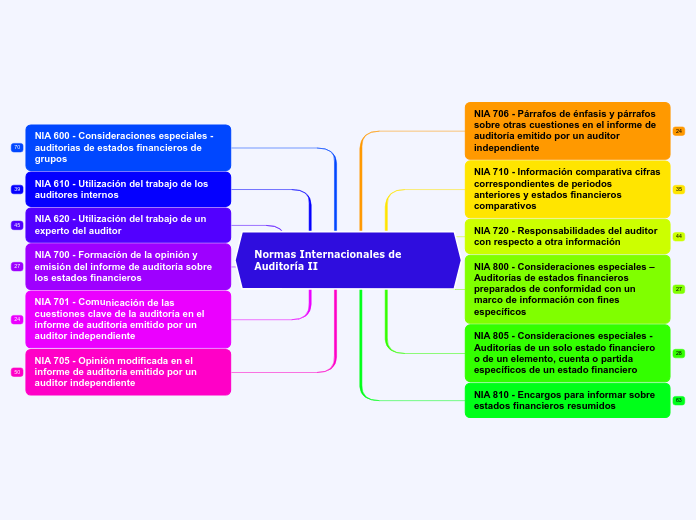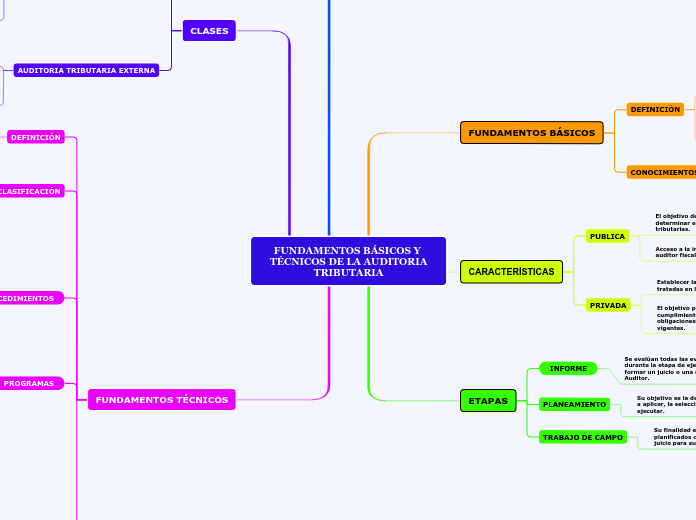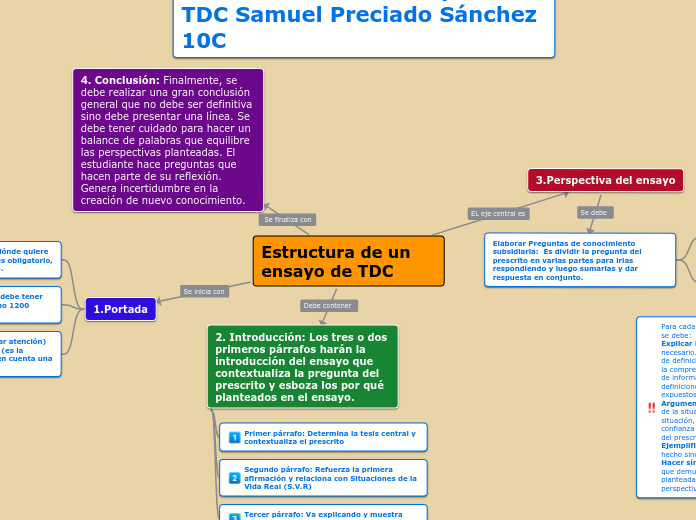¿Qué es un texto académico?
In linguistics, syntax is the set of rules, principles, and processes that govern the structure of sentences in a given language, usually including word order.
Es un documento académico que ordena las ideas más importantes que vienen de un texto base. Por lo tanto, busca disminuir el tamaño de una redacción más extensa. Para elaborar correctamente un resumen es necesario comprender en profundidad el tema a resumir.
A compound sentence is a sentence that has at least two independent clauses joined by a comma, semicolon or conjunction. An independent clause is a clause that has a subject and verb and forms a complete thought.
Consisten en textos que son productos de procesos intelectuales y que desarrollan temas específicos o bien hacen profundizaciones en un campo académico o disciplinario de manera formal.
Tipos de Textos Académicos
La tesis
An adverbial is an individual word (that is, an adverb), a phrase, or a clause that can modify a verb, an adjective, or a complete sentence.
Es un documento de carácter científico que se utiliza para obtener un grado en una universidad.
La monografía
The attribute is defined as a quality or characteristic of a person, place or thing.
Es un documento que es resultado de una investigación donde se analizan, simplifican e integran los resultados de investigaciones publicadas sobre un tema específico.
Ensayo
The predicative is defined as an adjective or noun forming or contained in the predicate.
Its main trait is that it serves to express a property that is assigned to a 'subject'.
For e.g.: The dog is old.
Un ensayo es “un ejercicio de ideas que permite la expresión más conveniente de un fenómeno dado.
La Reseña
Traditional grammar defines the object in a sentence as the entity that is acted upon by the subject.
Es un documento pequeño que informa y comenta sobre un libro, producto o hecho cultural.
The direct object is the receiver of the action mentioned in the sentence.
El informe
The predicate of a sentence is the part that modifies the subject in some way. Because the subject is the person, place, or thing that a sentence is about, the predicate must contain a verb explaining what the subject does and can also include a modifier.
Se trata de un documento que se escribe en prosa y tiene como objetivo comunicar al lector sobre un hecho específico o una actividad realizada en algún lugar.
El resumen
The subject of a sentence is the person, place, thing, or idea that is doing or being something. You can find the subject of a sentence if you can find the verb.
Ask the question, 'Who or what 'verbs' or 'verbed'?' and the answer to that question is the subject.
Se trata de un documento académico que ordena las ideas más importantes que vienen de un texto base.
